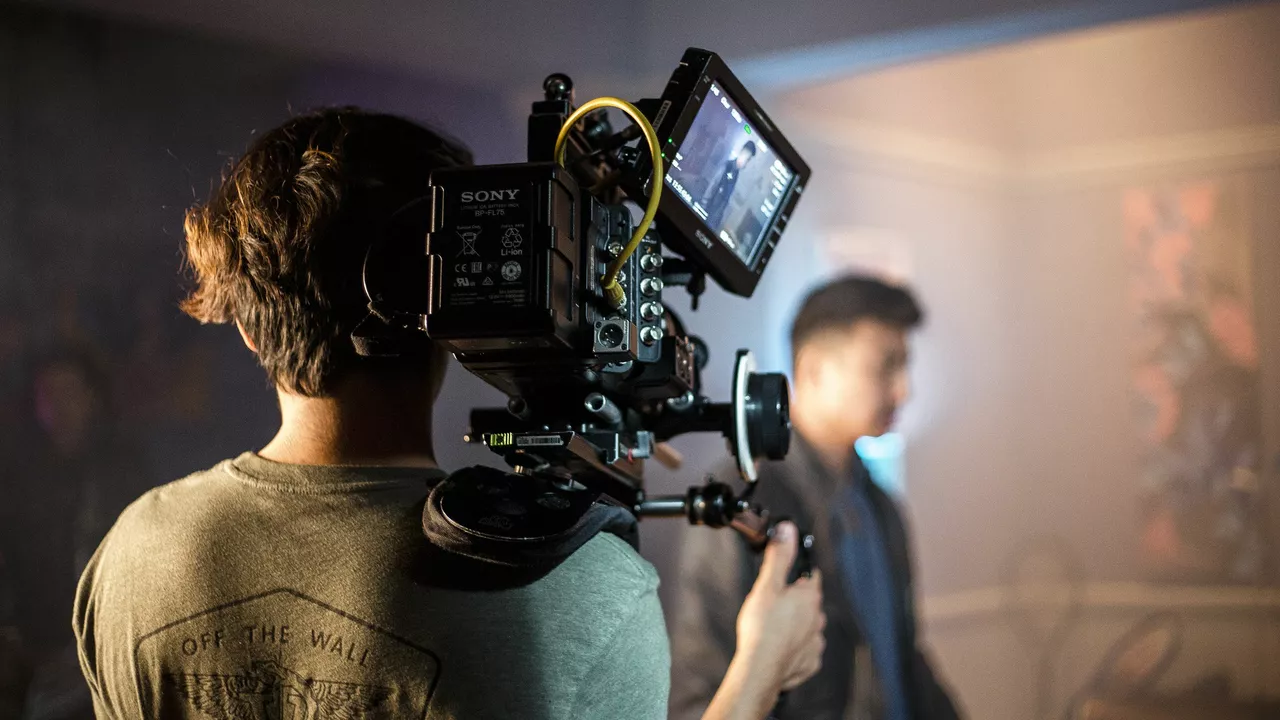Why aren't TV shows filmed like movies?

Understanding the Differences: TV Shows vs. Movies
Let’s start off by establishing a very simple yet crucial fact - TV shows and movies are fundamentally different. This may seem obvious, but understanding the distinctions between the two can help answer our main question: Why aren't TV shows filmed like movies? Though they both fall under the umbrella of entertainment and visual storytelling, the differences in their formats, lengths, and intended audience experiences significantly influence their respective filming processes. It's like comparing apples to oranges; they’re both fruits, but with distinct tastes, textures, and ways to enjoy them.
The Format and Structural Disparity
TV shows typically follow a serialized format, with each episode serving as a chapter in a larger story. This episodic nature requires a different approach to filming. Each episode must be able to stand on its own while also contributing to the overall narrative. It's a balancing act of maintaining continuity, introducing new plot elements, and keeping the audience engaged over a long period. Movies, on the other hand, tell a complete story in one sitting. This allows for a more focused and condensed narrative, which can be filmed and edited all at once.
Budget Constraints and Their Impact
Budgets play a significant role in the difference between filming TV shows and movies. Movies usually have larger budgets, which allows for higher production values, more elaborate sets, and more time for filming and editing. Television shows, especially those in their early seasons, typically operate with smaller budgets. This requires a faster pace of filming to keep costs down, often leading to a different visual quality when compared to movies. Bigger budget TV shows might come close to movie quality, but they are the exception rather than the rule.
The Influence of Broadcast Schedules
TV shows are also influenced by the demands of the broadcast schedule. They are usually made with the intention of being aired weekly, which means there's a tight schedule to stick to. There is simply no time to spend months on end perfecting a single episode like a movie can. This also means that TV shows often have to film multiple episodes simultaneously, which can affect the filming process and the overall look of the show.
Viewer Engagement and Consumption Patterns
The way audiences consume TV shows and movies also contribute to the differences in their filming processes. Movies are designed to captivate viewers for around two hours, whereas TV shows aim to engage audiences week after week, often for multiple seasons. This translates into different pacing and storytelling techniques. In a movie, every minute counts, and the story must be concise and impactful. TV shows, however, have the luxury of time to develop characters and plotlines more gradually.
Creative Aspects and Visual Aesthetics
Finally, let's talk about the aesthetics. Movies are known for their cinematic looks and often employ a variety of visual techniques to enhance the storytelling. They have the luxury of time and budget to create stunning visuals and special effects. On the other hand, TV shows usually prioritize storytelling and character development over visual spectacle, mainly due to budget and time constraints. However, as technology becomes more accessible and affordable, more and more TV shows are starting to match, and in some cases even surpass, the visual quality of movies.